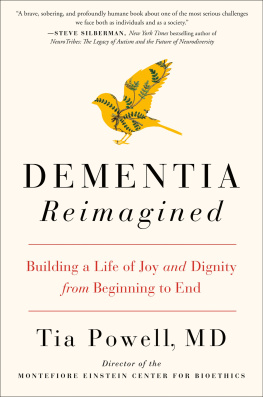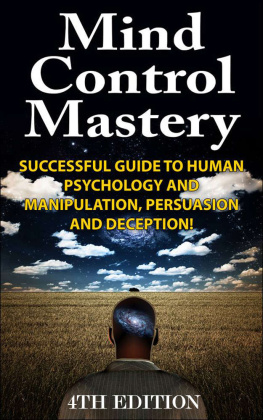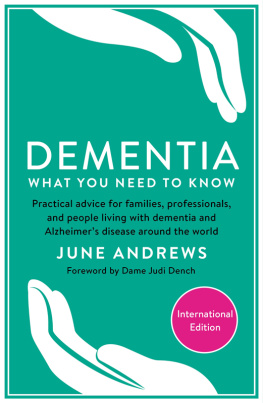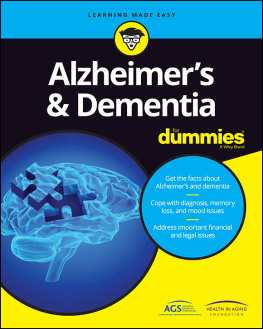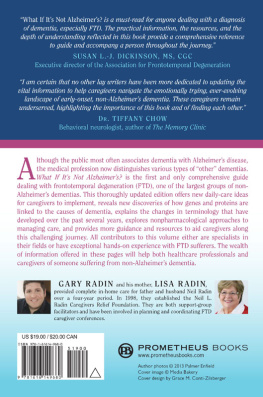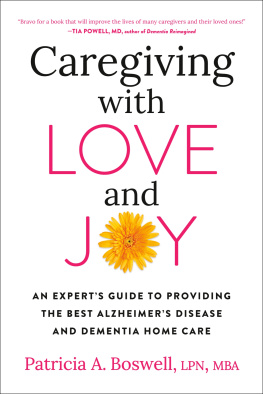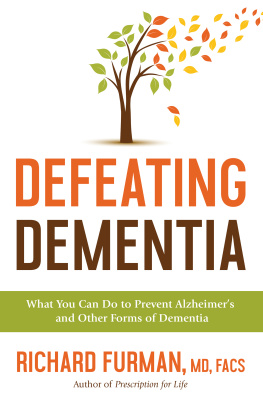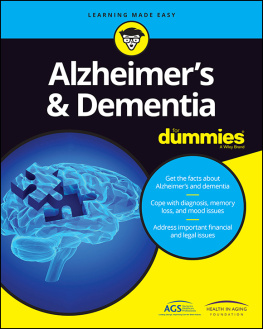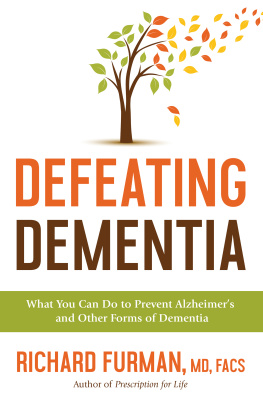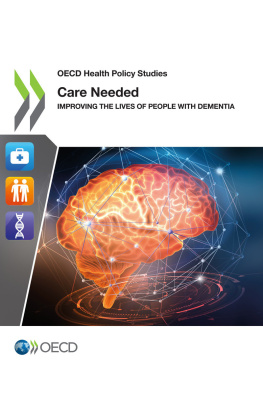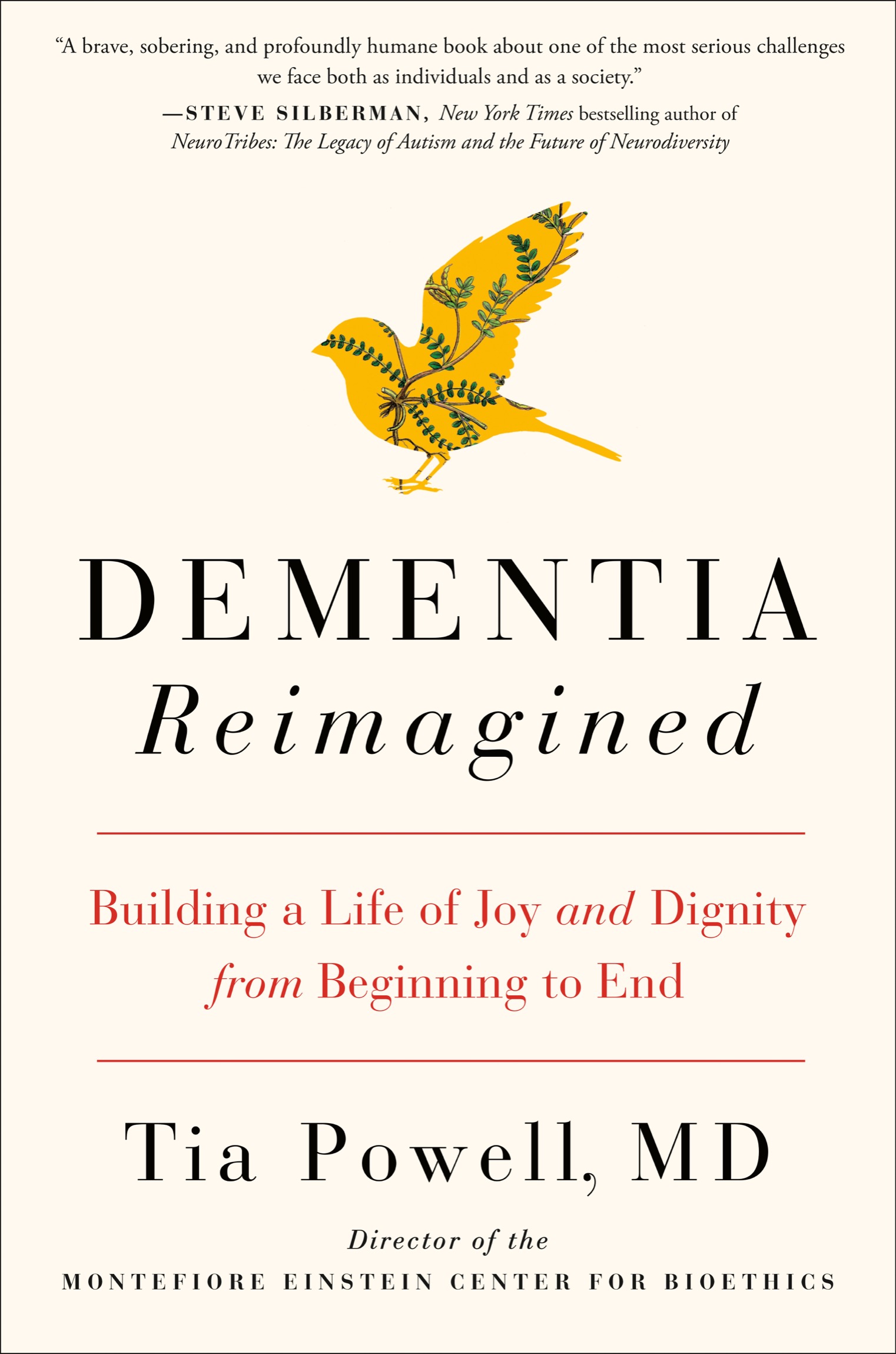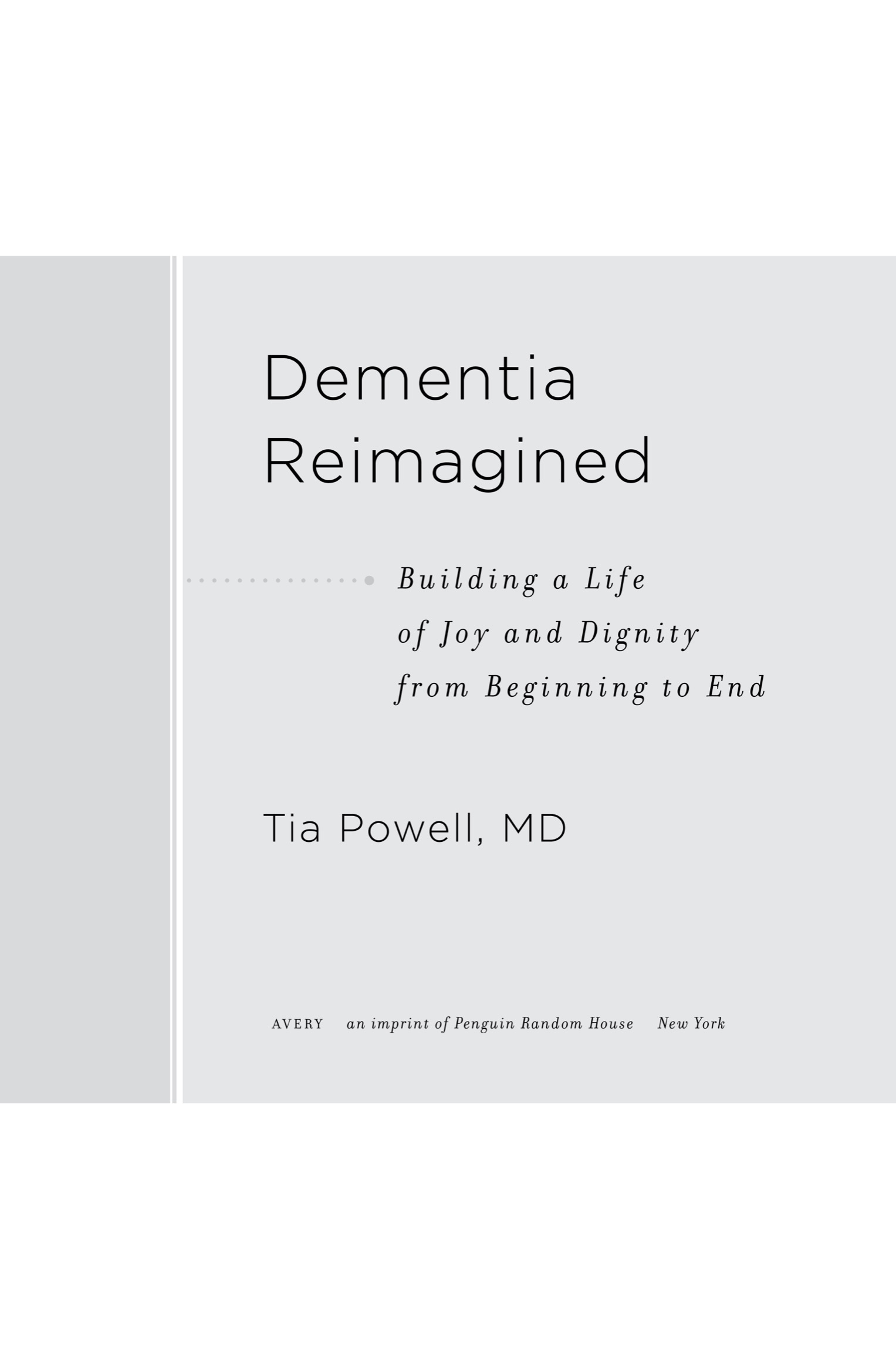Photo on photographer unknown. Permission to reprint granted by Boston University Alumni Medical Library Archives.
Penguin supports copyright. Copyright fuels creativity, encourages diverse voices, promotes free speech, and creates a vibrant culture. Thank you for buying an authorized edition of this book and for complying with copyright laws by not reproducing, scanning, or distributing any part of it in any form without permission. You are supporting writers and allowing Penguin to continue to publish books for every reader.
Neither the publisher nor the author is engaged in rendering professional advice or services to the individual reader. The ideas, procedures, and suggestions contained in this book are not intended as a substitute for consulting with your physician. All matters regarding your health require medical supervision. Neither the author nor the publisher shall be liable or responsible for any loss or damage allegedly arising from any information or suggestion in this book. The publisher does not have any control over and does not assume any responsibility for author or third-party websites or their content.
For my mother and her mother, for my family, and for all those whose families are touched by dementia.
Chapter 1
De-'Men-Sha: An Introduction
On a ferociously cold spring afternoon, I headed to Manhattans Upper East Side for a concert in a church. It took a few minutes to find my way to the right room, where people filed into the rows, taking seats, cheerfully greeting family members and friends. The crowd was notably diverse, with quite a few older people, some little kids, hipsters, an elegant Latino family, a slightly disheveled man with shopping bags. We had assembled to hear the Unforgettables, a chorus for people with dementia and their caregivers. It was the inspiration of New York University researcher Mary Mittelman, who set out with the explicit intention to improve quality of life for those with dementia and those who care for them. By the appointed hour, the church was full of people and joyful anticipation.
The chorus worked its way through old standards, cheerfully led by Tania Papayannopoulou and Dale Lamb. We hailed the Chattanooga Choo Choo and left our hearts in San Francisco. We clapped along with great enthusiasm. Then one of the chorus members came right up front for a solo on My Funny Valentine. She was a tall and stately blonde, beautiful now and surely devastating fifty years ago. She was an imperfect singer; she wielded the microphone tentatively and fell short on a few high notes. From one point of view, her solo was ill advised. From another, it was brilliant. Unbeknownst to her, a couple seated in the back row of the chorus had abandoned their seats and begun to dance together in the aisle, with delight and dignity. Perhaps this was their song. It was easy to imagine them dancing to My Funny Valentine when it was new and they were, too. He was tall, she was small; they looked happy and comfortable together. It was impossible to know which of them had dementia, not that it mattered at all. My eyes misted over, and I was not the only one.
Here is the thing: Dementia lasts for years. Most of that time, people with dementia retain the skills, memories, and passions that allow joy and inclusion in the larger social world, if we would but let them in.
A family story started me thinking about dementia some years ago. On an autumn day, two women sit together on a sunny screen porch in Washington, DC. They look alike; they are mother and daughter. Silver-haired and tiny, neither is quite five feet tall. One is in her sixties, one in her nineties. The younger woman radiates energy, bustling about, always the good daughter. She has managed to get the frail, mute older woman settled in a comfortable chair to enjoy the mild and lovely day. She arranges a rainbow-colored afghan, crocheted many years ago by the older woman, tucking it in around her. There, Mother! She beams. How is that? The older woman struggles to speak, which she has not done for months. The daughter waits. The silence is tremendous. The older woman produces a single word, a word that must stand for all she cannot say. Her eyes are fierce with effort. She whispers, Lousy.
That was my grandmothers last word, spoken some months before she died of dementia, and long before my mother herself developed the dementia whose consequences would kill her. I didnt know it at the time, but when my mother told me this story, it triggered a change in the way I understood dementia, a change that is ongoing. Like other serious diseases, dementia affects not only the person with the illness but all those whose lives touch hers.
My family has certainly felt the sting of dementia. I am a physician, but medical training never prepared me to address the challenges of dementia that I faced as a daughter and granddaughter. Having dementia or seeing a loved one suffer from it can be lousy, as my grandmother said. Millions of people across the globe can attest to that. But dementia isnt always lousy. Bad aspects cant be eliminated, but they can be diminished and compressed, making the experience less lousy for everyone.
My formal education in dementia started in medical school, though what we learned on the topic then, in the 1980s, was not enormously useful. We studied the different types, based on the initial symptoms or the type of brain pathology. Since there were essentially no treatments, the focus was on taxonomy rather than assistance. We were like eighteenth-century biologists, identifying different species of snails or butterflies, with no plan other than description. I learned about SDAT, or senile dementia of the Alzheimer type, about organic brain syndrome. Many of those categories have subsequently been renamed, redefined, combined, or eliminated altogether.
We also learned the basics of brain anatomy. In our first year, a professor projected a slide of a fleshy blob the size of a big shrimp and asked the class to identify it. I am not sure any of us got the answerI certainly did not. The blob turned out to be the hippocampus; we each have two of these, resting on either side of and near the base of the brain. The name in Latin suggests they look like sea horses, but I never saw the family resemblance. I was taught that the hippocampus is crucial in the work of remembering. That much remains true, though plenty else I was taught is now out-of-date. Of course, that happens throughout medicine. Our current knowledge of cancer, of cystic fibrosis, of HIV provides a radically different and better understanding than was available decades ago. Still, even relative to other fields in medicine, our knowledge about how the brain works, what happens in neurons and brain networksand how they break downhas exploded in the last twenty-five years.
But it is not only the technical, scientific understanding of dementia that is rapidly shifting. The most important change is our notion of where it sits in the arena of medical problems. A few decades ago, dementia was relegated to the back rows. There was nothing much to do about it, but more crucially, what would be the point? It was something that happened to old people and a few unlucky others. Surely it would make more sense to attack diseases that, if eradicated, would yield the survivors years of healthy life. If you fix something that affects only ninety-year-olds, your patient has a correspondingly brief life expectancy.

